Your 2020 Year-In-Review Personal Evolution Process (P.E.P.)
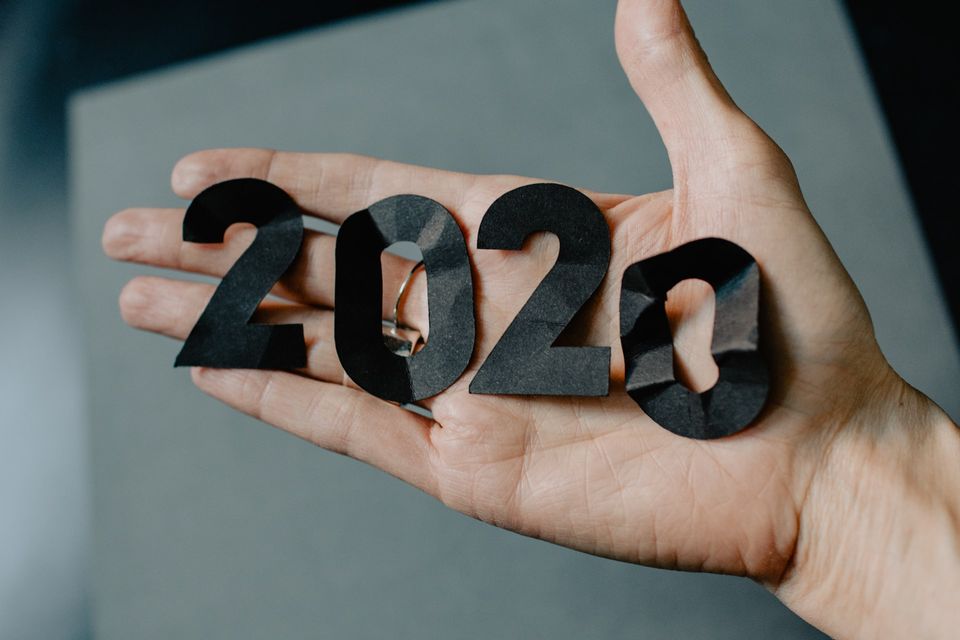
A simple journaling process to review the meaningful highlights, milestones, and insights that shaped you and your year.
What was truly transformative in your life in 2020?
This Personal Evolution Process is about reflecting on the most meaningful events and experiences that shaped you in 2020. You might want to book an hour or two to work your way through this process, and you might want to add to it over the next couple of days as you remember important milestones and insights.
Document and reflect on the events in 2020 for the impact and meaningfulness they brought into your life.
Allow yourself to answer freely and without judgement. Don’t think of this as an assessment of your past year. Consider the facts of what happened, what really stands out, and how those experiences shaped you. Jot down recollections as they come to you and feel free to come back and add more colour. If you think you’re forgetting something, review your calendar and journals to discover forgotten highlights in your year. When I did this process myself, I flipped through the three hardbound journals I filled up this year, including entries made in my digital journal, Day One.
This year-end-review is less structured than my Define-Refine-Align process you will find in my other P.E.P. articles.
The act of “Refining” has already taken place — this is a review, not a process to create change which is why it’s also important not to be critical of yourself in this process.
Taking the time to define what happened in your year will include how you refined various events, habits, and goals as you lived them. What’s most important in the final question is to get in alignment with this past year — a kind of gentle closing of the back cover of a book that you don’t want to end, but you’ve read the last page and now it’s time to move on.
➥ Click here to read my other P.E.P. articles.
There are no restricting parameters for how to do this process.
Write as little or as much as you want. Use bullets, numbers, or full paragraphs. It’s entirely up to you. For example, I have recorded three milestones from 2020 that really stand out for me. You might only have one or perhaps more. Most of my self-reflection has been about my creative output since that has been of such great importance this past year, whereas your review might include reflections on personal relationships and family life.
Most of all, enjoy the process!
2020 Year-End-Review Personal Evolution Process
- Define your new beginnings: Define the new projects, books, habits, job/career, friendship or relationships you took on that had a meaningful impact (positive or negative) on your life.
- Define your 2020 milestones: What really stands out in this past year as a significant event, be that an important goal, or something you accomplished that took a lot of time and effort? Why does this matter to you? How did each milestone change you?
- Define your key insights in 2020: Think of insight as shining light on an awareness you’ve never had before and how that changed your perceptions. Define what you learned this past year that made a significant impact on your life.
- Refinements — What did you stop doing in 2020? This was the work, projects, habits, friendships, and relationships that you quit. Why did you stop and what were the lessons learned from making these refinements?
- Establish emotional alignment with your end-of-year review: Answer this question only after you have completed the questions above. Review your answers and then ask yourself how you feel about what you have written about your year. What did you learn about yourself?
To give life and examples to this practice, here is my 2020 review…
STEP 1 — Define Your New Beginnings
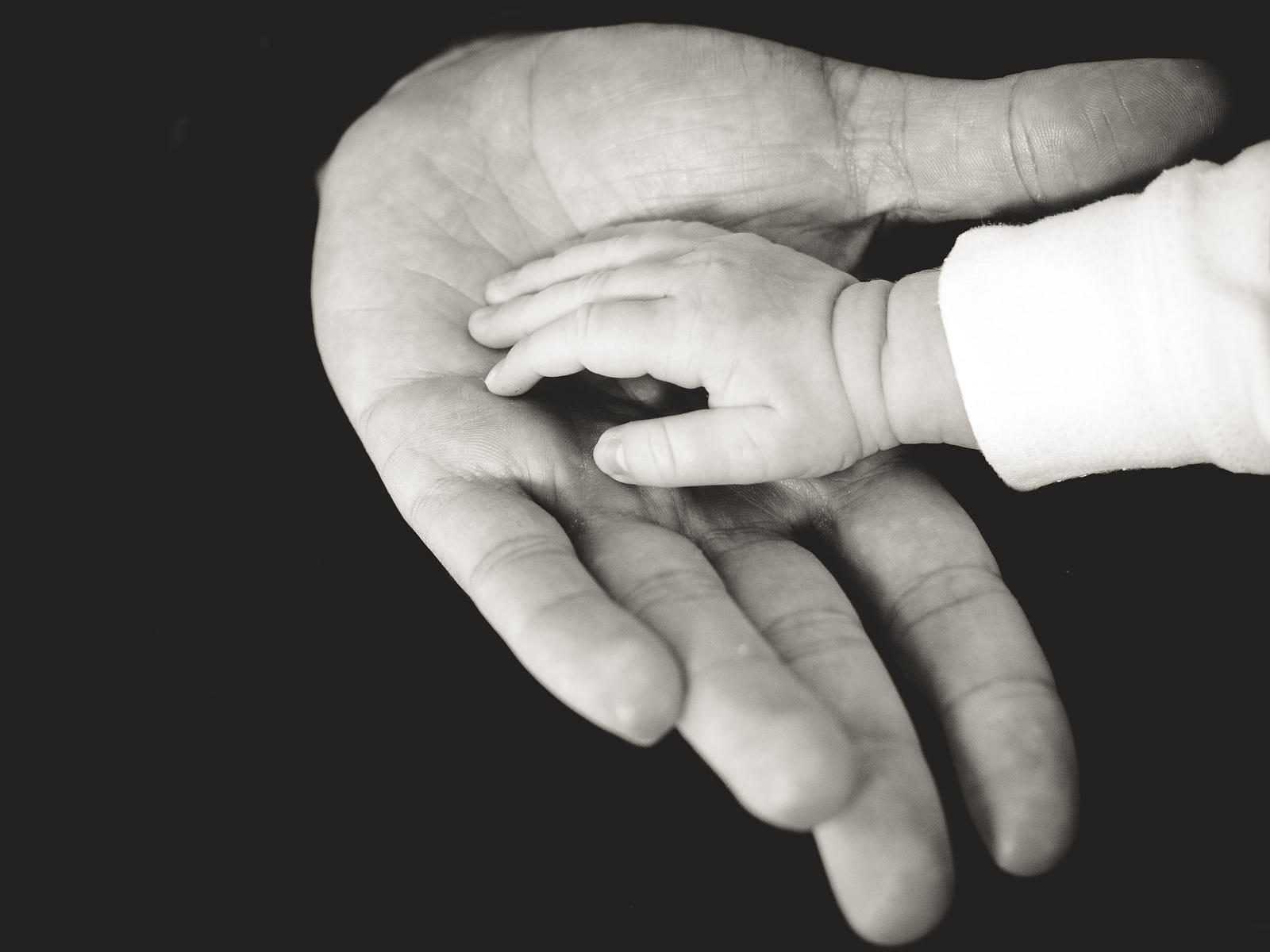
- 30-Day Personal Transformation Program with coach, Dax Moy in January. This was one of the most personally enlightening programs I’ve ever participated in that gave me certainty and direction for most of this year. This led me to immediately enrol in his year-long, MindMap transformational coaching certification program. Much of the personal development content I have been publishing in the last quarter of this year has come from what I have learned in this program through my practices of the exercises.
- I began a 7-month journey of reading and contemplating eight translations of the Tao Te Ching with the original intention to develop a new kind of personal leadership. As a result, I began to practice the human-hearted principles I discerned from my contemplation of the Tao Te Ching. I have close to 300 pages of notes and am currently allowing what I have learned to incubate in my mind knowing that it will take time to get clarity on the direction for this project.
- When we went into lockdown in March, I had to exercise at home, which I also did with my partner. After more than 35 years of working out at gyms, this was a difficult but necessary transition. 10-months later, with no indication of when gyms will be open again, I’m not convinced if I’ll go back!
- After getting too metaphysical for my own good, I decided to focus on publishing more practical coaching content. My idea was to hold nothing back. Too often I see positive mindset fluff pieces that are a regurgitation of other people’s work and offer no lasting transformational change — for the simple reason that the writer has no lived experience with the content. Instead, I created my unique Personal Evolution Practice (PEP) framework that will make an impact in the lives of those who choose to put the exercises into practice.
STEP 2 — Define Your 2020 Milestones

Milestone #1 — Consistent Publishing
I published 70 pieces of content in the form of articles and podcasts. My 5 most-downloaded podcast episodes for 2020 are:
- The Swinging Closet Door
- Do You Know What You Want?
- Are You A Top or a Bottom?
- Sex Shaming During Covid-19. A Discussion with Shaun Proulx.
- Why Gay Shame is Your Superpower.
When I reviewed my stats I couldn’t figure out why my first three episodes were trending with the most downloaded. Towards the end of the 3rd quarter of this year, my podcast host made my show available in India (where 20% of my listeners live). Perhaps my queer voice is standing out?
My 5 most read and applauded articles are:
- What Happens When You Don’t Participate in Arguments or Controversy?
- Self-Sabotage is the Shame-Filled Mistake of Personal Development
- Canadian Gay Conversion Therapy Survivor, Matt Ashcroft
- “I Feel Broken.” Why the Sudden Loss of a Loved One Is Incapacitating.
- Humanity’s Tipping Point — Without a Return to Compassion, We’re Finished
Why does this matter?
What matters to me is consistency over volume. It takes time to create good content, and I seek to improve over time. I’m kind of embarrassed to share my early podcast episodes above, if only because they are two and a half years old, and I have grown so much since then. But I also recognize that someone somewhere (perhaps in India) is listening to content that elevates and celebrates LGBTQ lives. If my older content — whatever I think about it now — makes a positive difference in someone’s life, then the intention of that original work is good.
Milestone #2 — Asking better questions lead to my Personal Evolution Process (PEP).
As a coach, the better my questions, the more I can help my clients. Like anything, asking better questions takes training and practice. The more you read and write, the more you can comprehend complex ideas. This year, I studied over eight translations and commentaries of the Tao Te Ching, related philosophical and theoretical texts, and I’ve been studying and practicing a neuroscientific approach to transformational coaching. Study is a form of inquiry that leads to asking (hopefully) more informed questions.
Since mid-summer, I had been thinking about how to offer people the tools to solve their problems and challenges, without the use of prescriptive templates that helps no one. This led to PEP, an open-ended questions-based format of self-coaching designed to help you explore the root of a problem or struggle and come to an almost natural solution. You can see the process in my latest PEP article (I’ve published four thus far), “You Can’t Expect Others to Make You Feel the Way You Want to Feel.”
Milestone #3 — Creative Mind Management
In August, I read Benjamin Hardy’s article, “How to Make 7-Figures as a Writer” in which he referenced the book, “The ONE Thing” by Gary W Keller. I bought the book and read it cover-to-cover in a day. The core idea of making the first 4-hours of your day about your most important thing made a lot of sense — which for me was to study various translations of the Tao Te Ching. I did this process for a while, but it was unsustainable for a variety of reasons that became clear once I read the next book.
Towards the end of November, I read an article by David Kadavy titled, “11 Reasons Creativity + Productivity Is About Mind Management, Not Time Management,” which is a summary of the core concepts he shares in his recently published book, “Mind Management, Not Time Management: Productivity When Creativity Matters.” Of all the time management books I’ve read (including “The ONE Thing” above) this one finally resonated with how I work as a creative based on “event time” versus “clock time.”
Kadavy brought clarity and structure to things I had been thinking about, and ways in which I had been trying to organize my schedule to be more efficient with my production around my energy, mood, and time of day. To do justice to the value of this book, I would need to record an entire podcast. Suffice to say, if you are creative and find that you are struggling with the how and when to do your best creative work, buy this book. I read it in a day and immediately implemented a number of strategies to fit my needs. A vital aspect of this book is that it is not prescriptive; there is no template to follow. You will have to do the work, test, measure, and assess.
A good system fits with who you are and improves your life, not the other way around.
STEP 3 — Define Your Key Insights in 2020
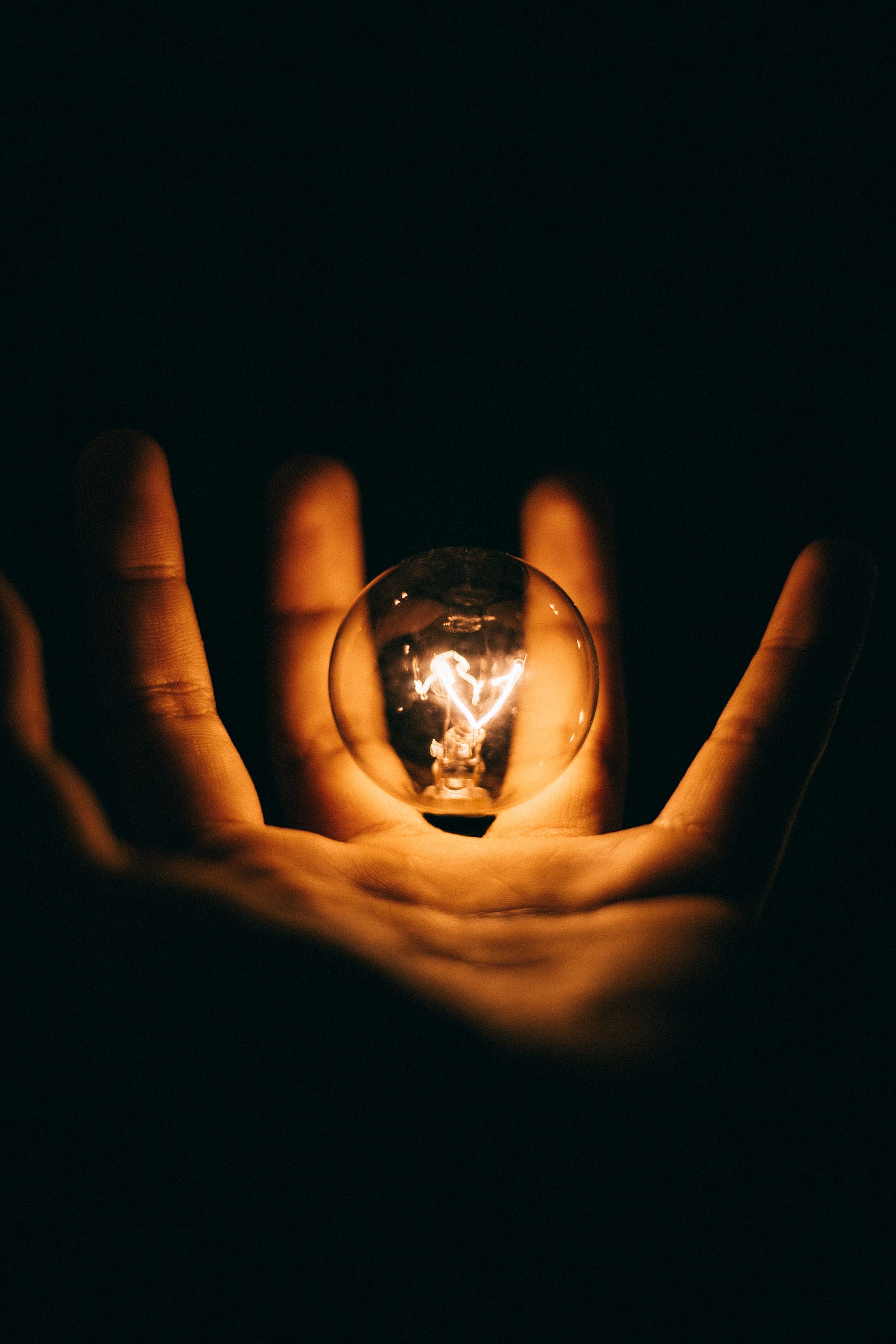
Insight #1 — My Content is Deep Work
My biggest failure of the year happened on the very first day. On January 1, 2020, I announced that I planned to publish something queer every day this year. My 365-Day Queer Publishing Challenge for 2020 was doomed from the start. Thankfully, and perhaps subconsciously knowing that this declaration was doomed from the start, I wrote,
“I’m not concerned about being perfect. The practice is more important than the goal of 366 days. It doesn’t matter if I fail or complete the goal of publishing daily. It’s the journey of one step at a time, every day moving closer towards publishing my book, or whatever it manifests as. Furthermore, it is simply a plan to move forward, to remain focused on my greatest intention, to aspire to my inspiration, and to share my work and ideas as a queer thought leader and a messenger for change.”
That was truly an unskillful pronouncement and an unsustainable practice I assumed I could accomplish. So, what did I learn? I blindly fell into the trap of wanting to compete against the many other authors on Medium who publish daily. I fell into the “more is better” trap. Just look at the home page of Medium.com for example of false hope in article title after article title…
Do more! Be more! Create more! Produce more! Earn more! Sell more! 5 More Ways to Get more! 7 More Ways to Grow Your Audience! 10 More Ways to Earn $500 per Article!
How could I have been so blind? First, it’s human nature, but more importantly, I read something by my coach, Dax Moy, that he published in January which spoke to the experience. Here are some truths about the success process:
- You can’t put the goal before the action.
- You can’t put the action before the practice.
- You can’t put the practice before the process.
- Your process will fail if you are not in emotional alignment.
An Intentional Process Leads to Progress which Leads to Success
The ideas of ‘just do more’ and ‘work harder’ don’t automatically lead to success. They do for some, but this approach is not sustainable. I set myself up to fail by only committing to a task and an outcome, instead of committing to a process. For a process to be effective, it must be emotionally intentional — in other words, in alignment with deeply felt reasons that will make taking action easy, desirable, fun, and repeatable. This is the path to natural progress and reaching one’s desired goal.
Making the public declaration helped me to discern my truth, that I wanted to focus on my research of the Tao Te Ching. This was (and still is) the process I needed to follow that will lead to progress in publishing content about what I am learning, and developing direction for publishing a book or something else as yet to be determined.
You can either publish for breadth or depth — never both at the same time.
This is a lesson I learned in my previous career as a fitness and health coach. When you design a workout program for a client, you have to choose a balance of volume versus intensity. If you program heavy lifting, you need to balance that with longer rest periods and fewer reps. If you program many sets and reps, you will need to balance for lower weights (lower intensity). Failure to do so will result in potential injury or exhaustion.
Similarly, there are writers who are experts in one thing and when they stick to that, they can easily publish daily or several times per week.
They are experts in their subject (they have done the intense work) because they have published a book or this is their area of study. Umair Haque is one of those writers who is dedicated to helping people see the problems of fascism and populism in the United States (and many other pressing world issues). Others are published authors of books (like the two mentioned in Milestone #3) who can repurpose and re-configure their work in articles to share their message. This helps them to build an audience and leads to greater learning and impact if the reader buys their book (as was the case when I bought Kadavy’s book).
I had to consciously choose to publish for depth for a couple of reasons. For one, writing is not the only thing I do. Secondly, I want to help people think differently and to think for themselves. In my opinion, there’s not enough critical thinking in our high-distraction internet age. We risk skimming the surface and missing the diamonds that are only found by digging deep.
In other words, there is too much information and not enough consideration.
Insight #2 — The impact of my purpose, values, beliefs, and core directives.
Throughout the year, I have revisited my “life map” or “personal GPS” as I continue to study the neuroscience of transformational coaching in Dax Moy’s year-long MindMap Coaching Certification program. I’m familiar with these processes, but I have never delved as deeply into them as the way Dax has designed and teaches them.
When I’m uncertain about what to do, I look to my various “directives” to guide and course-correct my way in life:
My Purpose: “I help human-hearted creatives connect with their purpose to create more freedom, impact, and joy in life.” If I’m not fulfilling my purpose I’m not going to be happy — period.
My Core Values: Acceptance, Impact, Joy. I know I am living those values when I am understanding, focused, thoughtful, and curious. When faced with an important decision, I look to my core values to determine how to respond. My values are the figurative compass for charting my way. They were essential in helping me chose how to respond when one of my income streams immediately disappeared due to the COVID-19 lockdown.
Coaching Philosophy: When you freely love who you are, you can freely create the life you want. It’s very difficult to get what you want if you’re not happy with who you are. My coaching philosophy clearly connects with my purpose and values.
When you love who you are, you are present, awake in the now, no longer stuck in the worry of the past or the fear of the future.
Insight #3 — The Innumerable Lessons of the Tao Te Ching
There’s simply no way I can express the valuable lessons I have learned studying and contemplating the Tao Te Ching.
About two years ago, I was curious to discover if there was a type of leadership we could identify as queer. I pursued this idea for some time, sharing my “Way of Queer Leadership” series in articles and on my podcast. This eventually lead to the realization that I was looking for something beyond leadership, beyond the one-sided viewpoint of ‘queer leadership.’ I began to realize that I was seeking a metaphysic for humanitarian morality — one from which we could lead ourselves without dogma or ideology.
This led me to reread Laurence G. Boldt’s “The Tao of Abundance. Eight Ancient Principles for Abundant Living” — a masterpiece that remains one of the most influential books I’ve ever read. I often take it from my bookshelf to refer to my penciled-in-the-margin-notes. The book’s subtitle — Eight Ancient Principles for Abundant Living — is deceptive because the content speaks does not speak to how to earn income, rather, it speaks to the many ways of living a fulfilling and meaningful life. To me, living a meaningful life is one of the core aspects of leadership.
After rereading Boldt’s book at the beginning of the year, I realized I would need to better understand the teachings of the Tao Te Ching in the hope of finding what I was looking for. Six months later in late October, my exegesis of the Tao Te Ching resulted in almost 300-pages of handwritten notes. I am currently in an incubation period with my notes, reading pages at a time, followed by the generation of new ideas in the form of articles and podcasts that speak to the wisdom of the Tao Te Ching and my passion project, human-heartedness. At the moment ‘the work’ is so big, I don’t know how it will manifest — perhaps as one or more books, a coaching/leadership program, or a think tank.
What I do know is that the Tao taught me exactly what I needed to learn about leadership and non-contention. I have been the most contented and emotionally relaxed I have ever been. The Tao has helped me to become a more impartial observer of the world which keeps me humble and more compassionate. During the COVID-19 lockdown, I could practice many of the key teachings of the Tao in the form of personal responsibility, humility, and compassion — for myself and others.
STEP 4 — Refinements: What did you stop doing in 2020?
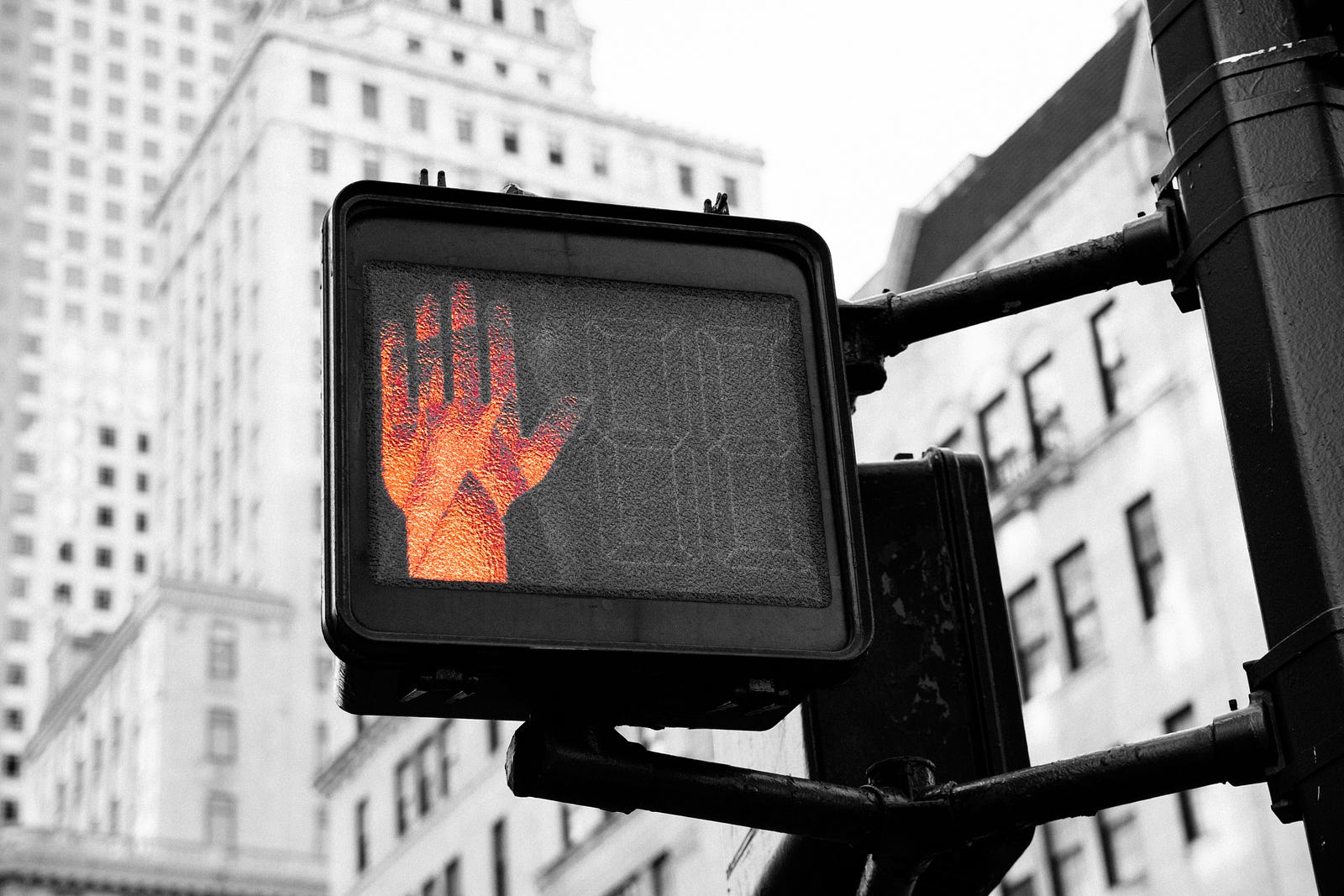
- After two and a half years I decided to close my publication on Medium, Think Queerly. It was no longer serving my needs as it once did, and it was costing me the time I needed to invest in other areas of my life.
- Connected with closing my publication, I closed a number of unnecessary social media accounts, I deleted the Twitter and Facebook apps from my phone and iPad, and installed a Facebook newsfeed blocker on my web browser. This came about as part of the Personal Evolution Practice I created to eliminate distractions and spend more time doing what you love. The result has been much greater happiness, peace of mind, and no longer being triggered into outrage by things people post online.
- In February, Grindr blocked my access to the app most likely because I was using a fake email address (i.e., one that didn’t exist) to avoid spam. While I didn’t make the choice, I’m glad it happened. It resolved my like/hate relationship with the addictiveness of the app that make it hard for me to stop using it.
- I stopped sharing my outrage on social media. This was only a few months ago and is part of my practice of non-contention. In fact, it’s been an approach I’ve adopted going forward: I no longer want to complain or express outrage. Yes, I may feel outrage at injustice, but I can do better than to continue with the negativity. I can offer a reframing, a reconsideration, a strategy, or a series of questions to help myself and others get to the root of the issue instead. It’s not always easy, but it’s also NOT what most people are doing which is what it’s necessary and important.
- I launched a membership version of the Think Queerly Podcast and had the intention of publishing 52 weeks of “Think Queerly Meditations.” It was a good idea, and one which I prepared as content I could use if the project didn’t take off. What I realized was that this path was a distraction from what I really wanted to do, so I shut down both, but the content I created is what led me to develop my Personal Evolution Practices.
STEP 5 — Establish Emotional Alignment with Your End-of-Year Review
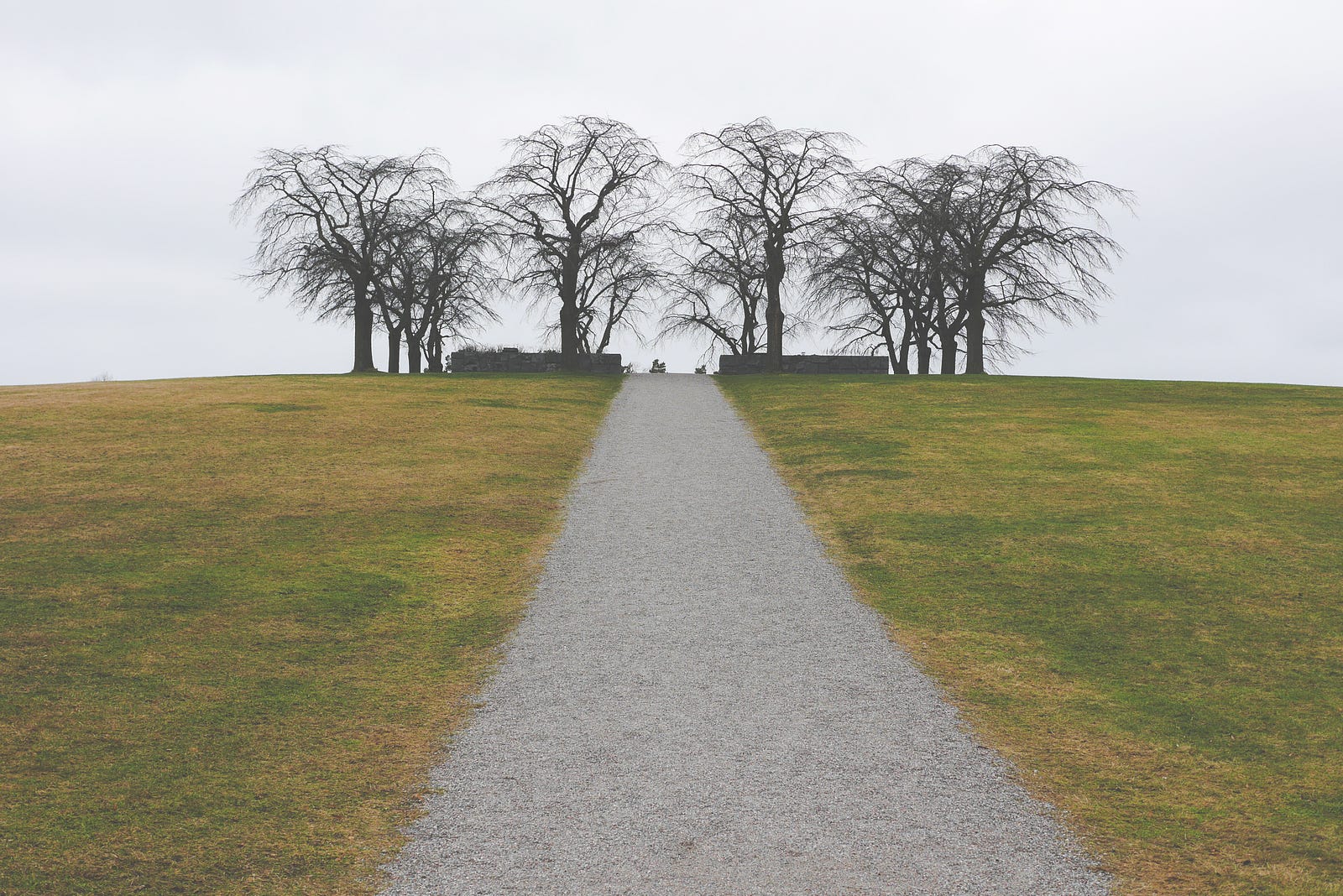
I’m proud of myself for how much I have grown, in particular how I have become a better person in managing my outrage, defensiveness, and frustration by expressing myself in more helpful, understanding, impartial, and compassionate ways.
Studying the Tao Te Ching and discerning what I’m calling “Human-Heartedness Principles” (non-contention, witness with impartiality; compassion, open-minded flexibility, humility, and oneness) has improved my way of being. It’s one thing to come up with ideas, but when you put them into practice, your life can change for the better, forever. Practicing non-contention and greater impartiality (which has come from an understanding of dualities, a key concept in the Tao) has improved my peace of mind and outlook on the future. It has also changed the way I think about the world I perceive.
Lastly, I feel that what I’ve been working on for many years is finally coming together. This is not a wait-and-see situation, instead, this is a feeling of great certainty with focus and direction. When everything feels aligned only you can make that assessment for yourself. It also takes time to see how things will play out as a result of your actions. It has taken years of self-examination, trial and error, taking on work to make ends meet, all in the pursuit of staying true to who I am and to keep moving forward. The COVID-19 lockdown provided me with a much-needed opportunity to hunker down, sharpen the saw even more (as Stephen Covey would say), and coach myself to a place where I feel truly content and wholly authentic.
If you think about it, the COVID-19 pandemic lockdown is the perfect time to consider the direction — or the re-direction — of your life.
For many of us, remaining at home and practicing social distancing has drawn attention to what’s important, but it’s also afforded us more time and space, and fewer distractions, to be able to process the changes in our lives. With COVID-19 still affecting our lives, what’s next for you in 2021? What is the creative uniqueness that you’ve yet to fully express or explore? What have you been resisting changing, doing, or reluctant to start?
And why not now? If you’re curious about how to connect with your purpose to create more freedom, impact, and joy in 2021, let's have a conversation.


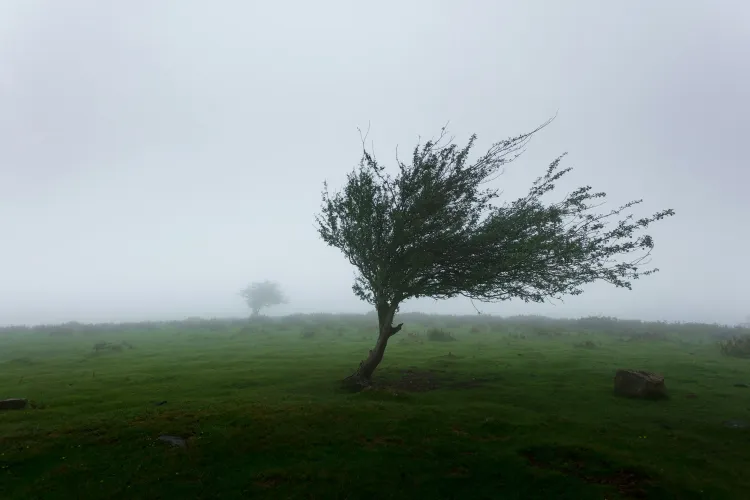
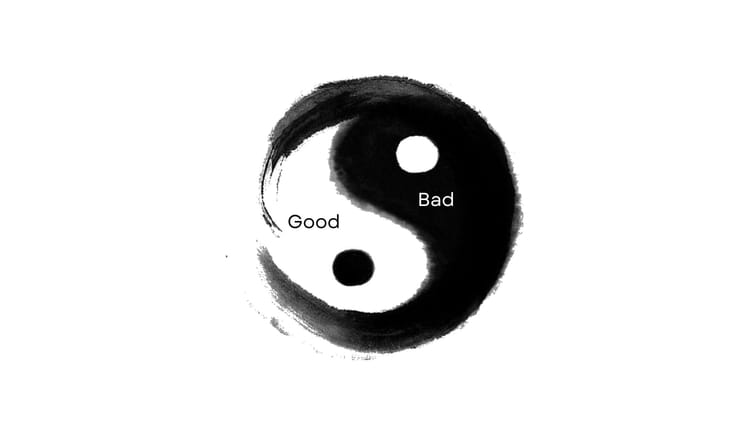
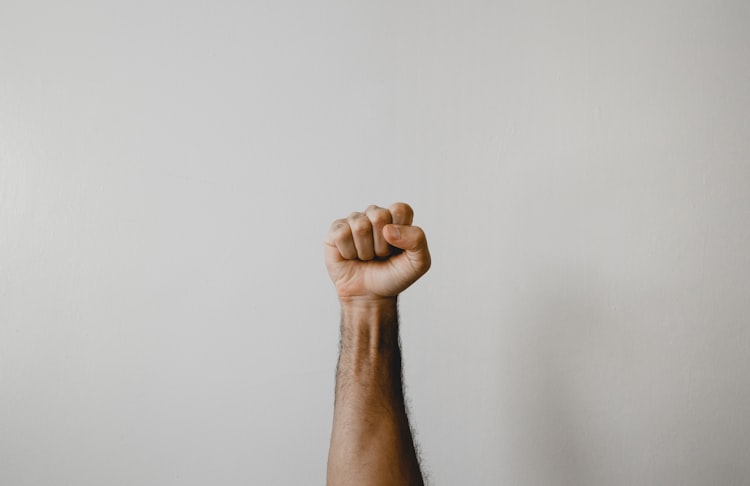
Member discussion